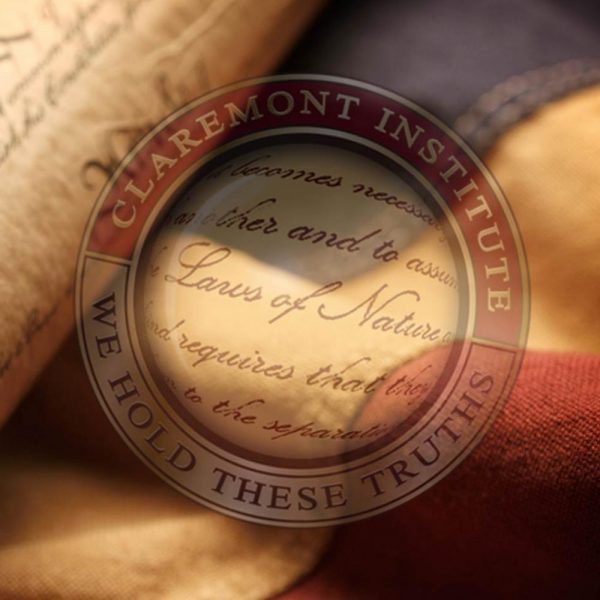Curation, Not Censorship

Choosing one book over another is the essence of crafting a curriculum.
If the elite media is to be believed, Americans are on the verge of experiencing widespread, government-sanctioned book burnings. Most recently, Forbes declared that a school in Kentucky banned the famed graphic novel Maus; Art Spiegelman, the book’s author, lamented, “If Maus is not safe, nothing is.”
There is one small problem with these headlines: they’re a lie. No one banned Maus from the school or removed it from library shelves. No school implemented rules threatening suspension for any student caught with the book. One local school simply took it off the mandated curriculum.
There is a large difference between government-sponsored censorship, an international company de-platforming a book, a library removing it from the shelf, and a school merely replacing a book on some ninth-grade reading list. There should be as much cause for concern when a school chooses one book over another as when a parent chooses to serve broccoli or carrots; assuming both choices are of equal caliber — equal in their promotion of intellectual or physical health — a substitution is an inconsequential event.
What literature we positively endorse from the lectern is no mean question, and deserves serious contemplation. In Plato’s Republic, Socrates spends much time in consideration of the books and stories an ideal society ought to hand along to the next generation. If we valorize the wrong heroes, we risk encouraging sloth, rashness, or other vices. While we needn’t go so far as Socrates as to forbid any poetry whatsoever, what our students read forms their hearts, souls, and minds. A school teaching Captain Underpants over Chronicles of Narnia will produce a different kind of student, holding a different kind of worldview.
But calling every modification of a curriculum “censorship” inhibits our ability to meaningfully discuss an essential question: What should our kids read? Aesthetic value, difficulty, breadth of topics, genre variety, age-appropriateness, and historical significance — all are valid considerations in crafting a curriculum. Each case needs to be addressed individually. Maus and Ruby Bridges, another book that recently received criticism,probably could have stayed — though who am I to tell a local district what to do — and Gender Queer, a graphic novel showing pictures of sexual acts between an adult and minor, certainly deserves our opprobrium.
I would support a school that chooses to teach Maus; it’s a compelling book that holds its ground alongside other Holocaust narratives. At the same time, I don’t use it in my own classroom. I cover other historical eras, and were I to teach about the Holocaust, would likely choose Anne Frank’s Diary because of its historical significance. But that doesn’t mean I am banning Maus any more than my cooking broccoli last night for my daughter means I’ve banned carrots. There’s only so much space on a plate and only so much time in a school year; selecting one book necessitates the exclusion of another.
The Tennessee school board that removed Maus from the curriculum did itself no favors by presenting weak reasons for its decision. The assertion that a handful of curse words or the cartoon depiction of a naked mouse are inappropriate for eight graders sounds like naive pearl-clutching. And the board ought to have recommended a few alternatives to Spiegelman’s award-winning novel. Had they suggested Anne Frank’s Diary, or Night by Elie Wiesel, the board members would have gotten ahead of the bogus criticism that they are Holocaust deniers or backwoods stooges. There would simply have been no story for the national press to run with.
Regardless, we used to call decisions like these a matter of prudence. Certainly the Left has no compunctions about outright deplatforming and censorship while calling it “accountability” or merely curation. There’s no expert consensus of what book is perfectly suited for every age. Our only recourse is debate, discussion, and decision. Calling every modification censorship only works to stifle that important discussion.
The American Mind presents a range of perspectives. Views are writers’ own and do not necessarily represent those of The Claremont Institute.
The American Mind is a publication of the Claremont Institute, a non-profit 501(c)(3) organization, dedicated to restoring the principles of the American Founding to their rightful, preeminent authority in our national life. Interested in supporting our work? Gifts to the Claremont Institute are tax-deductible.
A Statement from the Claremont Institute
A reconstruction plan for education



